The Centers for Disease Control and Prevention (CDC) has released its Morbidity and Mortality Weekly Report (MMWR) which focuses on the importance of preparing communities for the return of Ebola survivors with minimal potential stigmatization. Firestone Liberia is once again highlighted for its successful actions in responding to the Ebola health crisis, this time featuring its established comprehensive survivor reintegration program. The CDC first reported on Firestone Liberia in October, when it heralded the company's Ebola response efforts that involves comprehensive education and prevention programs as well as treatment of Ebola patients at the Firestone Medical Center in the Firestone District of Liberia.
Since the Ebola outbreak was recognized in March 2014, the World Health Organization (WHO) has reported 17,145 cases, and 6,070 deaths, most of them in Liberia. While the WHO reports a case-fatality rate of approximately 60 percent in patients, a 40% survival rate means that thousands of patients have survived Ebola and must return to work and live in their communities.
Survivors of past Ebola epidemics have reported substantial negative psychosocial impacts, often feeling rejected by society, including by family, friends and neighbors. These survivors often face stigma, income loss and grief, particularly if friends and family members have died. Additionally, many of their possessions have been destroyed to prevent the virus from spreading. Some family members concerned about infection even have been reluctant to accept orphaned children. For these reasons and more, it is crucial for a reintegration program to exist, such as the one Firestone Liberia has established.
"We have always been committed to Liberia and our teammates in the toughest of times. We're currently committed to helping our teammates, their families and the larger community by providing the necessary supplies and support that survivors of Ebola need to successfully reengage with the community and loved ones," says Ed Garcia, President and Managing Director of Firestone Liberia. "Our reintegration ceremonies allow us to educate the community that survivors are free of the Ebola virus and encourage them to welcome them back into the folds of the community and everyday life."
The MMWR goes into detail about Firestone Liberia's program which includes planning for reintegration into the community before the survivor leaves the hospital: One to two days before a survivor is released from the hospital, Firestone's reintegration team travels to the survivor's home and meets with neighbors and community leaders to discuss the plan to bring the survivor home. At this meeting, the team educates the community about Ebola transmission, emphasizing that survivors are no longer sick and have been declared free of Ebola. The team encourages and answers questions and addresses community concerns to help ensure that survivors are welcomed and not stigmatized. From there, the team and community then plan a specialized program to receive the survivor back into the community.
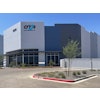


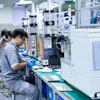
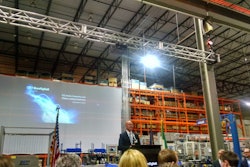
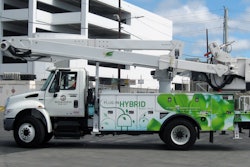
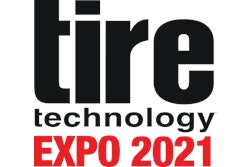
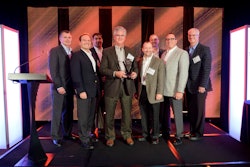



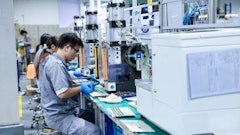





![Sa P75 I Sahr[80]](https://img.oemoffhighway.com/mindful/acbm/workspaces/default/uploads/2025/10/sa-p75-isahr80.Cn3n79HB4H.jpg?ar=16%3A9&auto=format%2Ccompress&fit=crop&h=135&q=70&w=240)